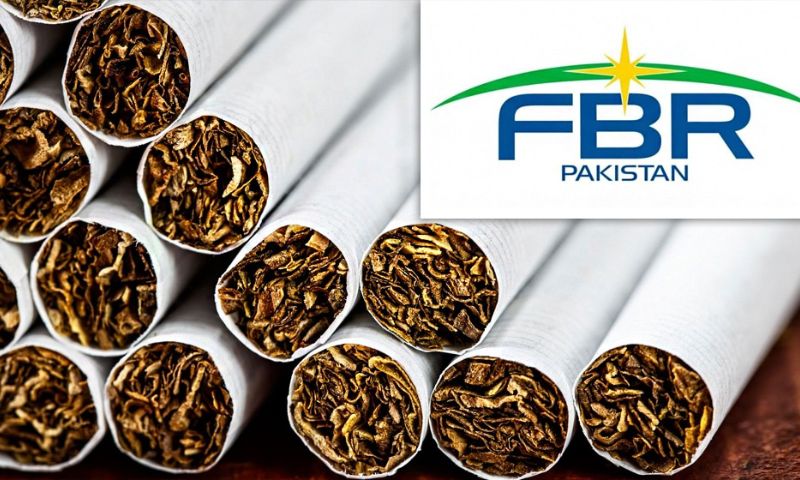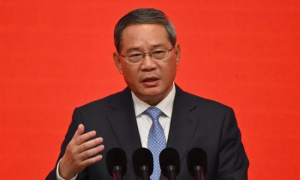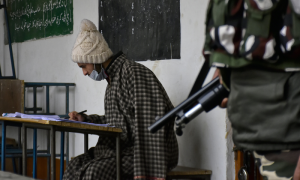Islamabad: Health activists have appreciated Prime Minister Shahbaz Sharif’s directives to curb down illegal trade of tobacco products in Pakistan.
In a press release issued by the Society for the Protection of the Rights of the Child (SPARC), health activists said that the Federal Board of Revenue’s Track and Trace system had kept illicit trade from going above 15%. This system should be implemented in all companies to achieve further benefits. The activists also mentioned that during pre-budget seasons, the tobacco industry uses a blown-up percentage of illicit trade to influence the policymakers from raising taxation according to the inflation rate.
Malik Imran, country head of Campaign for Tobacco-free Kids (CTFK), said that tobacco-induced disease causes an annual economic burden of 615 billion which is 1.6% of Pakistan’s GDP. He said an industry causing unprecedented damage to public health and the economy brazenly claims that any damage control move is against Pakistan’s interest.
Imran said that the tobacco industry uses the illicit trade excuse every budget season to ensure that tobacco taxes are not increased. The tobacco industry uses this cover to divert people from underreporting. These companies underreport their production and then sell their non-reported products in the illicit market, causing billions of losses to the national exchequer. He quoted the latest research on illegal cigarettes in Pakistan, which revealed that the percentage of illicit packs of cigarettes was around 15%.
Imran mentioned that the tobacco industry should not have any problems paying the additional taxes because it never pays them from its coffers. Tobacco companies have increased their net-of-tax prices. Due to over-shifting, the excise tax share in retail price remains at 51.6%, lower than the widely-accepted benchmark of 70%.
Dr. Ziauddin Islam, Former Technical Head of the Tobacco Control Cell at the Ministry of Health, said that tobacco is the giant silent killer in Pakistan, as above 170,000 people die yearly. He explained that increased prices bring a decrease in production and consumption, which decreases the health cost burden.
Although there has been a 31.7% decline in production declared by TI in the fiscal year 2022-23 compared to the previous year, which is a win-win condition, keeping in view the aim of tobacco control to decrease consumption coupled with an increase in revenue generation.
He said that due to the government’s decision to increase Federal Excise Duty (FED) on cigarettes in February 2023, an additional 11.3 billion FED revenue was obtained in the fiscal year 2022-23. In contrast, an additional 4.4 billion in VAT revenue was obtained. This additional 15.7 billion revenue makes up 0.201% of our GDP, significantly boosting a struggling economy like Pakistan.
SPARC Programme Manager Khalil Ahmed Dogar said that the tobacco industry claims that it does state-of-the-art research to present solutions to Pakistan’s economic woes. The only state-of-the-art thing the tobacco industry produces is killer products that jeopardize Pakistan’s health and economy. It is a fallacy to think that Pakistan can prosper while tobacco products are at large.
Khalil mentioned that the FBR’s Track & Trace System provides an excellent opportunity for the government to tackle the ever-increasing taxes and illicit trade, which needs to be extended to all other unrelated cigarette manufacturing companies. Once this step is achieved, yet another excuse for the tobacco industry will be put to rest. He further stresses the need for active tax administration by authorities to curb the existing burden of illegal production and sale of cigarettes.

























